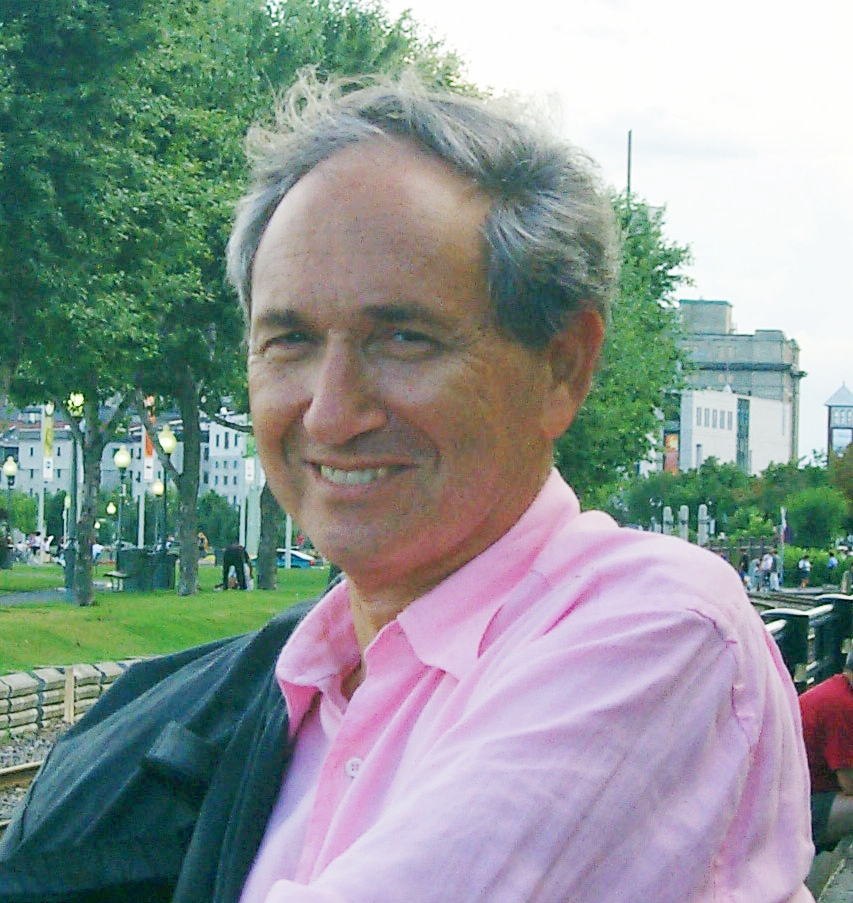For Frederick Feirstein, 1940-2020
by Phyllis Chesler

“Now cracks a noble heart. Good night sweet Prince/And flights of angels sing thee to thy rest.” William Shakespeare.
A poet, a playwright, a screen writer, a psycho-analyst, a tough Jew, a tender Jew, an athlete, and a restless, driven soul has just died. He was also my dear friend and his name is—must I really write WAS?—Fred. Just Fred. But also Fred and Linda, who is now a widow after 57 years of married life. They did everything together and what they did apart they discussed as only two psycho-analysts might do. Slowly, savoring each detail, every possibility.
Fred—of the warm smile and the worn sneakers, lived in our village, in our immediate neighborhood and we often met down the block or two blocks away at day’s end, or at either of our homes. He and Linda loved to hear Susan describe one of her cases; Fred viewed the stories as material for the theater or television. Fred always had plans, big plans, he never gave up on any of his dreams, although we were both keenly aware of the many mounting obstacles. Perhaps when one is garlanded at a young age, one never gives up.
Fred. His cardiologist had literally just pronounced him in good enough health but Death, nevertheless, “kindly stopped for (him)” the very next day as he waited in yet another doctor’s office. A nurse pounded on his chest, the doctor tried mouth-to-mouth resuscitation but to no avail. Death had to take him by surprise, there was no way he would ever have “stopped for Death.”
Fred. He wrote so many poems about so many subjects, beginning with his love for his wife and son, David. Sometimes, he and Linda talked of little else other than their son and grandsons. Sometimes, they talked about everything else: Politics, poetry, times gone by, bad theater, good theater, theater-theater, Fred’s good friend Sir Arnold Wesker, their analytic patients, the analytic institute, their daughter-in-law, David’s in-laws, Jewish sorrows, trauma, travel, the place in Rhode Island—and much, much more.
Fred. Just last week we agreed to have more frequent playdates. And I remember how we three hunched together to watch a movie about Viennese-born Stefan Zweig on my laptop screen; how we tried to make sense of Zweig’s refusing to condemn the Nazis and of his own suicide once safely ensconced in Brazil. We decided that Zweig did not want to live after his world, the world as it was before World War Two was now irretrievably gone.
And now my world, our world is smaller, lonelier with his absence. Of course, we can always find him in his published work—and we can keep him in our hearts. This is how Linda and David told the grandsons. Where’s Fred? “He is now and forever in our hearts.”
“Because I could not stop for Death
He kindly stopped for me.
The Carriage held but just Ourselves
And Immortality.”
Emily Dickinson.